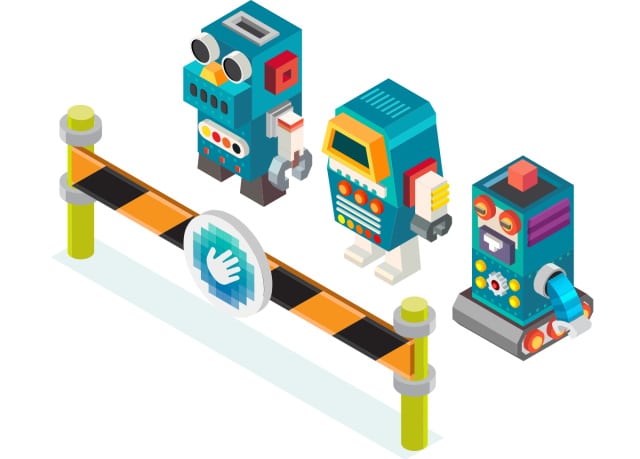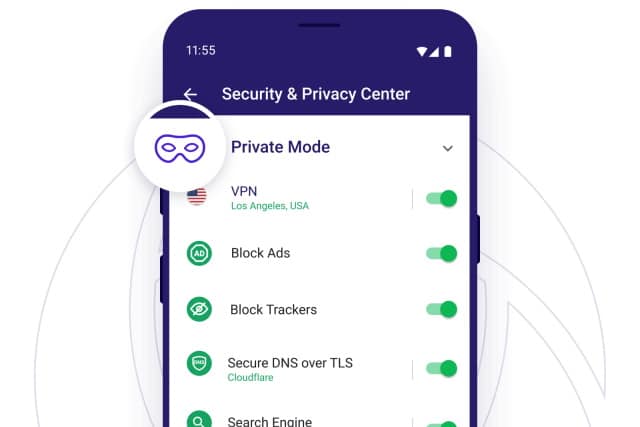
'Not a safe platform': India bans government officials from using Zoom -- but offers up some great security advice
The unrelenting criticism of Zoom continues, with India being the latest to slap an official ban on the video conferencing tool.
Voicing concerns that Zoom is "not a safe platform", the Indian Cyber Coordination Centre issued an advisory saying that the tool is "not for use by government offices/officials for official purpose". But the country recognizes that many people will want or need to continue using Zoom and the ministry of home affairs has issued a helpful guide to safe use of the service.

Zoom releases software update to improve passwords, protect meeting IDs and secure cloud recordings
Zoom has been forced to take a long, hard look at its security and privacy in recent weeks. The company has not only put a pause on new features, it is focusing instead on making existing options more secure.
In an update to the software, Zoom has taken steps to improve the security of passwords, as well as introducing random IDs for meetings. The company has also enhanced password protection for meeting recordings stored in the cloud, and added other key security features.

Hackers are selling two serious Zoom zero-day vulnerabilities for $500,000
Both the Windows and macOS versions of Zoom have critical, unpatched security vulnerabilities that could be exploited by hackers to target users and spy on calls and meetings.
Security experts say -- despite not having seen the actual code for the exploits -- that the Windows version of Zoom is affected by an RCE (Remote Code Execution) described as being "perfect for industrial espionage". The zero-days have been offered for sale for $500,000.

Hundreds of thousands of stolen Zoom accounts for sale on hacker forums for next to nothing
Problems for Zoom and users of the videoconferencing software seem just about unending. Following on from the revelation that a number of account credentials were available on the dark web, a new report shows that in fact there are credentials for hundreds of thousands of accounts available on hacking forums.
In all, over half a million account details have been found available -- some sold for fractions of a penny, and others made available completely free of charge.

Apple is the brand most imitated in phishing attacks
A new study from Check Point Research highlights the brands which are most frequently imitated by criminals in attempts to steal individuals' personal information or payment credentials.
The Brand Phishing Report for the first quarter of this year shows Apple was the brand most frequently imitated, up from seventh place in the final quarter of 2019.

Zoom will soon let some users choose which countries their data is routed through
As part of its continuing efforts to regain trust following a series of privacy and security scandals, Zoom has announced that it is introducing the option for users to choose which countries their data is routed through.
The move comes after concerns were voiced at Zoom's admission that some US calls were being routed through China. The new option will allow users to opt in or out of specific data center regions; unfortunately, this feature will not be made available to everyone.

Cloudflare ditches Google's reCAPTCHA because of privacy concerns and costs
Cloudflare has moved away from using Google's reCAPTCHA, opting instead for the independent hCaptcha bot detector.
The company explains the reasons behind the change, citing not only the fact that Google would now like to charge Cloudflare for what used to be a free service, but also the privacy concerns that stem from anything to do with Google.

US big data firm is using confidential UK coronavirus patient information to build 'COVID-19 datastore'
There are privacy concerns following the revelation that confidential data from UK coronavirus patients is being used by technology firms and government to build predictive computer models to help fight the pandemic.
US big data firm Palantir and UK AI startup Faculty are working together to put together what has been described as a "COVID-19 datastore". Pulling together information from government databases as well as information from health services, the project also makes use of highly personal data relating to individual patients according to documents seen by the Guardian.

Zoom is taking steps to improve privacy and security, and to prevent Zoombombing
The various security and privacy issues that have plagued Zoom in recent weeks have not only caused users to look at the video conferencing software differently, but also forced the company to take a long, hard look at itself.
Having already apologized for the numerous issues people have experienced, as well as making changes to the way the service works, Zoom has now also taken steps to prevent users from being Zoombombed. The change is a relatively minor one in the scheme of things, but it's an important one.

Twitter will now share more user information with advertisers
Twitter has announced that it is now going to share more information about its users with business partners. In an update to its privacy policy, the company says that it is removing the ability for users to block the sharing of non-public information with advertisers.
While for many people this represents something of a compromise in privacy, the change does not apply to users in the EU, an EFTA state or the UK; users in these locations will have to opt into data sharing.

Google bans Zoom and the US senate warns against its use
Once a specialist tool, then the darling of the video conferencing world, Zoom's fall from grace has been fairly spectacular. A series of privacy and security issues have put off numerous users, and led to some institutions instigating a ban on the software.
Google has now followed the lead of schools across the US, banning employees from using Zoom because of concerns about security. Senators in the US have also been warned against using the service.

Zoom teams up with security experts, including Facebook's former Chief Security Officer, to address privacy and safety
The privacy and security scandals that have blighted Zoom have already caused some users to look for alternatives, but the company seems serious about trying to address the issues that have sparked concern.
Having already issued an apology to users, Zoom CEO Eric S Yuan has now revealed that his company is collaborating with numerous big-name CISOs (chief information security officers) to ensure the implementation of security and privacy best practices. He also says that Facebook's former Chief Security Officer, Alex Stamos, is joining the company as a security advisor.

Avast Secure Browser lands on Android complete with a built-in VPN
Avast has launched an Android version of its security- and privacy-focused web browser. Avast Secure Browser features various DNS options and a built-in VPN to calm the fears of those concerned about their privacy.
This is not all the browser has to offer. There's also anti-tracking technology and complete data encryption to take care of the security side of things as well.

Stolen Zoom account credentials are freely available on the dark web
Loved, hated, trusted and feared in just about equal measure, Zoom has been all but unavoidable in recent weeks. Following on from a combination of privacy and security scandals, credentials for numerous Zoom account have been found on the dark web.
The credentials were hardly hidden -- aside from being on the dark web. Details were shared on a popular forum, including the email address, password, meeting ID, host key and host name associated with compromised accounts.
New email service aims to give users full control of their inboxes
Email is now the primary form of communication for most people, but a side effect of that is it's also become the primary means of distributing malware and other threats as well as becoming an advertising medium.
Edison Software has announced that this summer it's launching OnMail, which it claims is the first mail service to provide users with full control over what can enter their inboxes.
